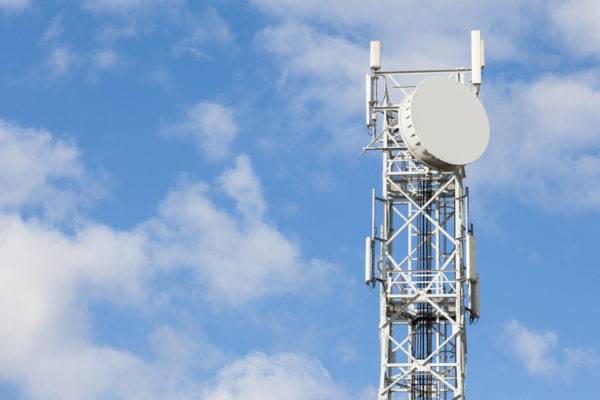Wireless broadband is an essential part of the United States’ digital infrastructure. Millions of Americans are presently connected to 4G and LTE networks, but with a swarm of new IoT devices demanding resources from these networks, the White House is taking steps to give development of a new generation of wireless devices a boost.
The Advanced Wireless Research Initiative was announced by the White House and includes a $400 million in investment in 5G technology. The initiative will be led by the National Science Foundation (NSF) building on the Federal Communications Commission (FCC) Spectrum Frontiers vote which took place this past week.
From the official statement from the White House announcing the initiative:
That vote made the United States the first country in the world to make vast quantities of high-frequency millimeter wave spectrum available for both licensed and unlicensed use. This spectrum, in combination with other spectrum already available, promises to enable faster speeds, quicker response times (“lower latency”), and increased capacity in future wireless networks.
5G wireless technology is expected to have the bandwidth to house a lot more devices than the current leading networks. With greater speed and lower latency, this network will be able to scale to include a massive number of new connected devices as subscribers add them to their home and person.
Is 5G impacting wireless carrier profitability?
For wireless carriers that have already invested billions into research and testing on their existing and growing 4G LTE networks, and concern over the profitability of providing services for IoT and other next-generation connected devices, there is limited financial incentive for them to spend massive amounts on developing a new network technology.
Its in this that the White House hopes the Advanced Wireless Research Initiative will step in by funding the research necessary to develop efficient systems management strategies that form a base blueprint for wireless network providers to build their own solutions.
Once 5G networks are made available, they are expected to enable carriers to offer speeds that meet or exceed 100 times the speed of presently-available 4G LTE.

















